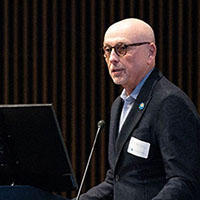Seattle Children’s Hosts First Pediatric Mental and Behavioral Health Research Summit
Published
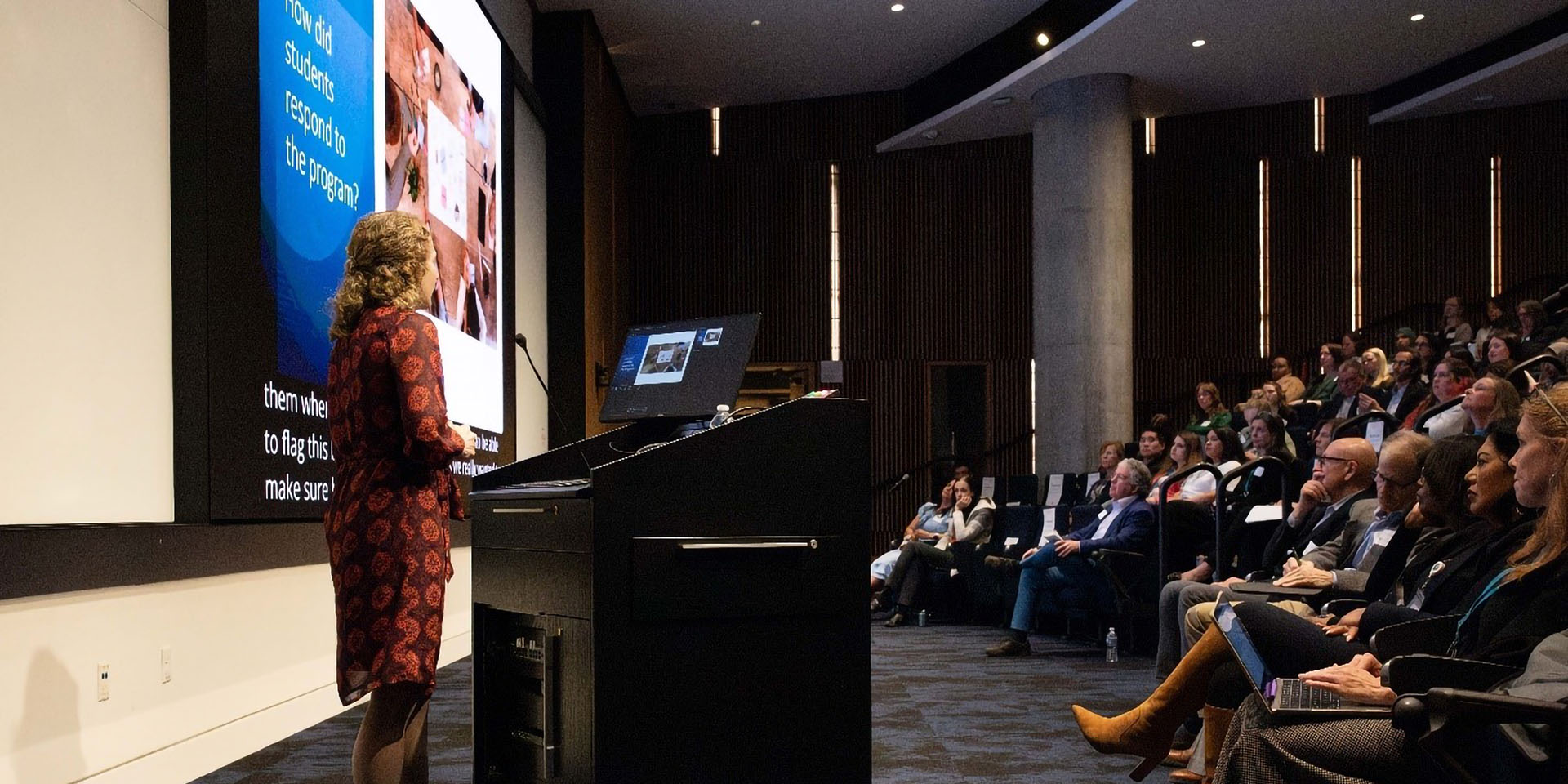
May 5, 2025 — On a bright April Monday morning, nearly 300 people from across the U.S. attended Seattle Children’s first-ever Pediatric Mental and Behavioral Health Research Summit. Some tuned in virtually, while others gathered in-person at Seattle Children’s Research Institute at the B. Wayne Hughes Building, and everyone in attendance was dedicated to utilizing mental and behavioral health research to develop actionable solutions that address the growing pediatric mental health crisis in our communities.
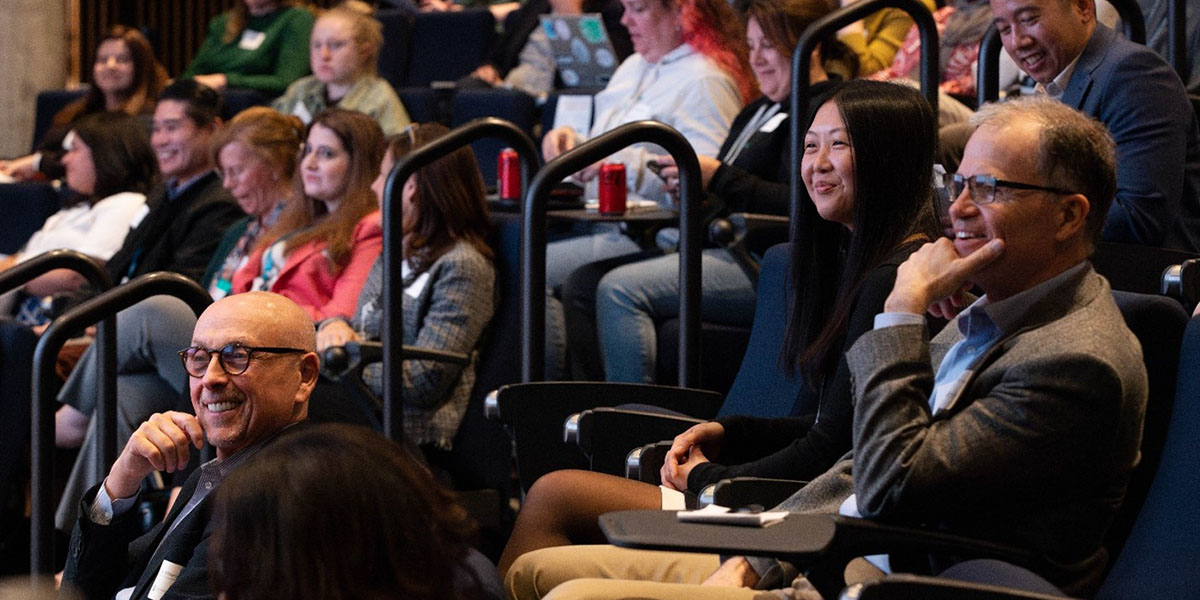
Through collaborative dialogue and expert presentations, the summit explored practical applications to support and benefit children, youth and their families. Vittorio Gallo, PhD, Senior Vice President and Chief Scientific Officer at Seattle Children’s Research Institute, opened the summit with a welcome and call for collaboration. “While the challenges are real, so are the opportunities. This moment calls for creative thinking, new models and bold partnerships to move the work forward. That’s why we’re here today. We believe change is not only necessary, it is possible.”
Research is the foundation for progress. It is how we move from crisis to solution. It is how we transform care from reactive to proactive, from fragmented to integrated, from a privilege for some to rights for all.
— Vittorio Gallo, PhD
The summit’s program featured a robust body of work and lived experiences, with researchers, clinicians, parents and school counselors all presenting or speaking on panels. Washington state senator Patty Murray participated via a video message at the start of the event, expressing her support and commitment to addressing the pediatric mental health crisis. “The work you do day in and day out is so important,” Murray said. “Our kids deserve nothing less. Your work is helping to save lives.”
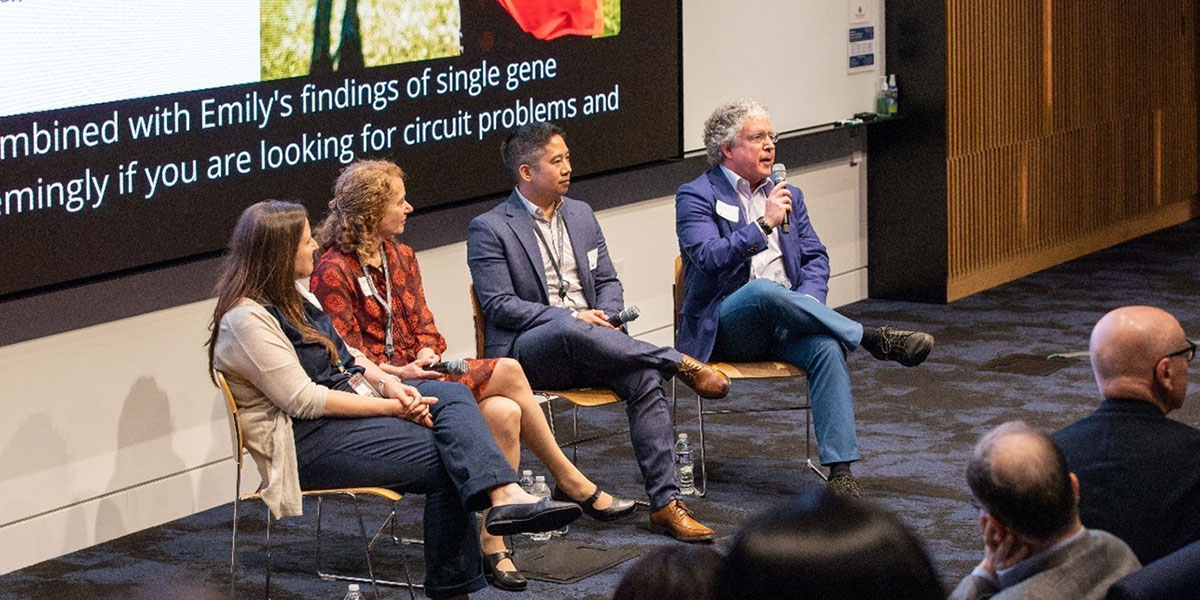
The panels and presentations covered a wide range of topics, from behavioral interventions and resilience to community support, technology and policy engagement. Across them all was an emphasis on the importance of delivering metal health services in schools to meet youth where they are, forming community partnerships to develop effective approaches to support youth mental health, and utilizing technology like cell phone applications to identify and treat youth with mental health conditions and needs.
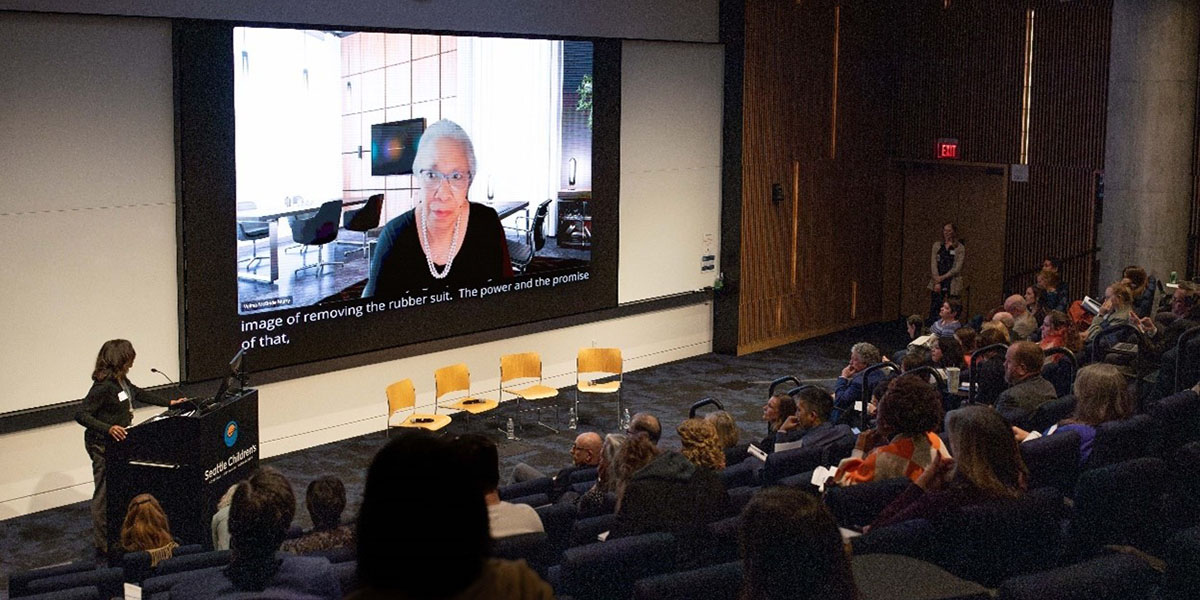
Keynote speaker Velma McBride Murry, PhD, a university distinguished professor of human and organizational development at Vanderbilt University’s Department of Human and Organizational Development, focused on the importance of learning and working where kids and youth are spending their time. “We have to focus on doing our work in collaboration with community,” Murry said. “We must look to the power of communities to work with us and to lead us in pursuit of creating, as the mantra of Seattle Children’s says, a world where all children in all communities can live their healthiest lives.”
In her presentation on delivering mental health treatments to children in the school setting, Freda Liu, PhD, Principle Investigator at Seattle Children’s Research Institute, emphasized the need to consider how broader environmental and community factors may impact a child’s care. “We have so many interventions that are designed specifically for kids and/or their caregivers,” explained Liu. “And when we think about the kind of system level forces that are really acting on our families – especially those who are struggling in different ways with conditions that are beyond their control – we might consider system level interventions that might be more appropriate or feel more just.”
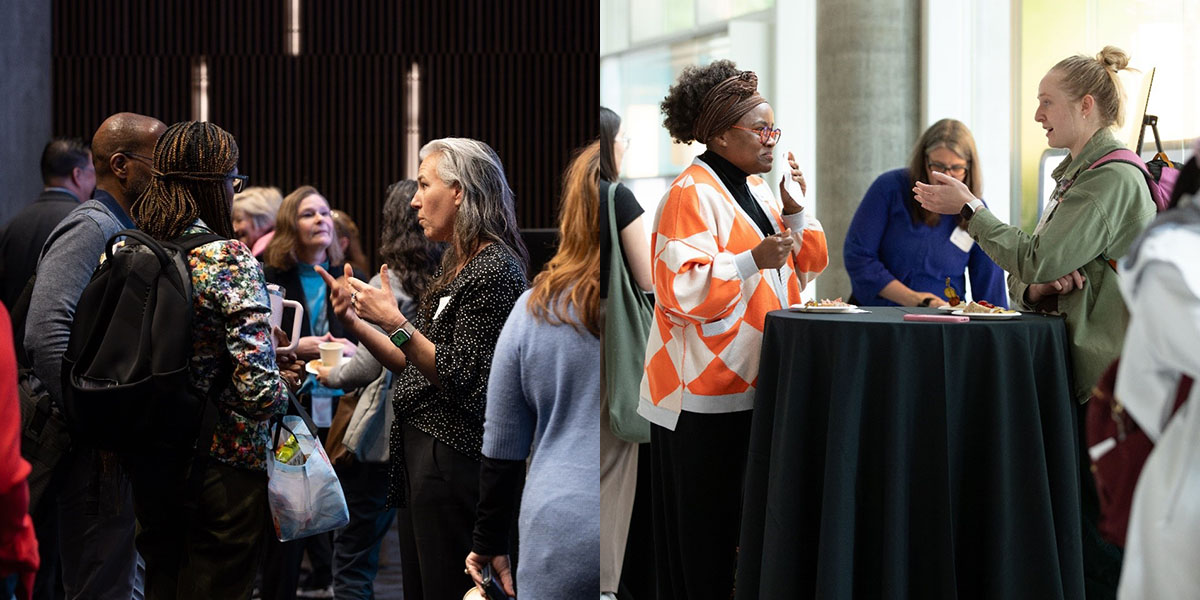
Between sessions, there were ample opportunities for attendees to connect and converse, putting into practice the call for collaboration from Murry and other speakers. “It was well worth my time to be here at the summit,” said Laurie Black, member of the Fran B. Nordstrom Guild. “Fundraising is a key part of being in a guild but being informed on what we’re raising money for is just as important.” Black also noted how invigorating it felt to be surrounded at the summit by people who are similarly invested in pediatric mental health. “To be a part of Generation REACH and the strategic focus of transforming mental health for kids is so exciting. We’ve all been aware of the mental health crisis, but for the Fran B. Nordstrom Guild it’s especially important for us to focus on kids, and just so meaningful to make a difference in this work.”
In his closing remarks, Gallo echoed Black’s sense of hope and passion. “We gathered here today to forge new partnerships, spark new ideas and commit to a shared vision of what is possible. Because when we work together, when we truly collaborate across disciplines, institutions and communities, we don’t just imagine a better future. We create it.”
— Isabelle Minasian

